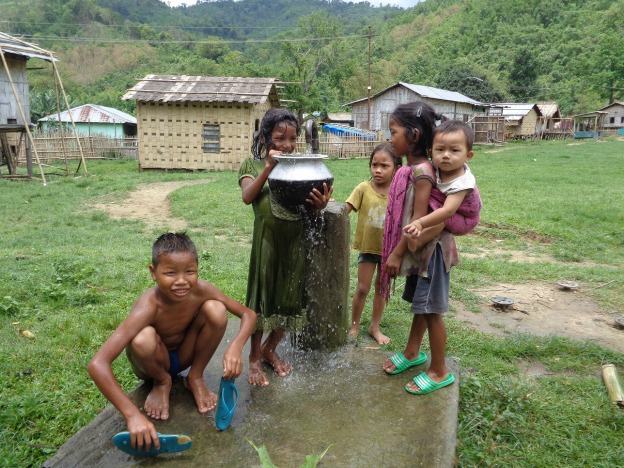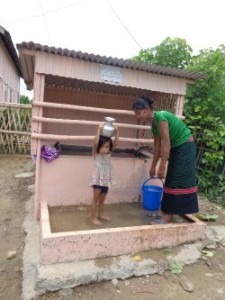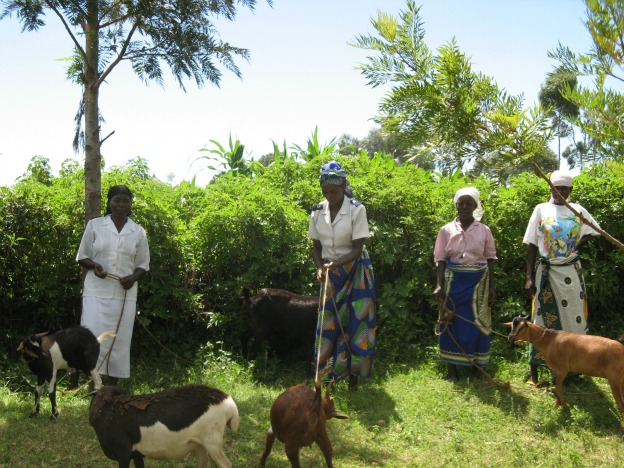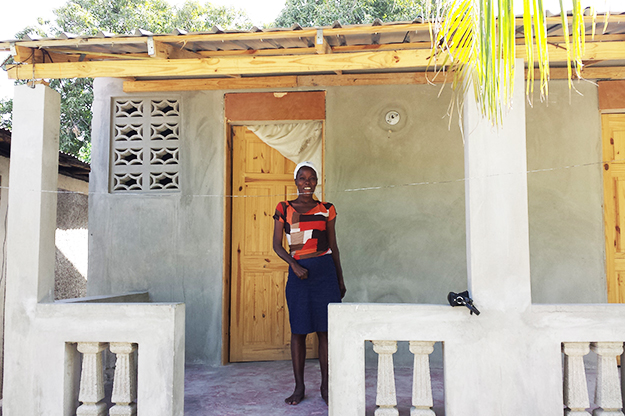Clean Water Transforms Communities

Every day, 5,000 children die from water-borne diseases before they reach their fifth birthday and one in 10 people worldwide live without clean water.
World Water Day (March 22) is an opportunity to learn more about water-related issues, be inspired to tell others and take action to make a difference.
Providing safe water to some of society’s most poor and vulnerable in developing countries is one way The Salvation Army in Canada is improving lives. For example, in Dilzawl, a small village in India East, The Salvation Army recently worked alongside local experts and community members to construct a 10,000 litre water capacity tank for harvesting and distribution.
“Before the water project there was one small, dirty stream that we used for drinking,” says Nguri, village leader. “Our community, especially small children, suffered from waterborne diseases such as malaria and diarrhea.”
In Dilzawl, the majority of people live in bamboo-thatched houses and access to the village is only by boat―a two-hour ride. Water shortage was a problem and health situations were very bad.
 “Whether it’s a well, a borehole or a system for harvesting rainwater, when a community gets water, people get their lives back,” says Major Brenda Murray, Associate Director of World Missions for The Salvation Army.
“Whether it’s a well, a borehole or a system for harvesting rainwater, when a community gets water, people get their lives back,” says Major Brenda Murray, Associate Director of World Missions for The Salvation Army.
“In Dilzawl, access to clean water has reduced malaria and jaundice by 50 percent. Village members are empowered by being responsible for repairs and renovations of the water system and the health of the whole community is improving.”
“We have very high hopes,” says Nguri. “Villagers can access clean water from two public points and The Salvation Army is conducting free clinics on health awareness. I want to say a big thank you.”



